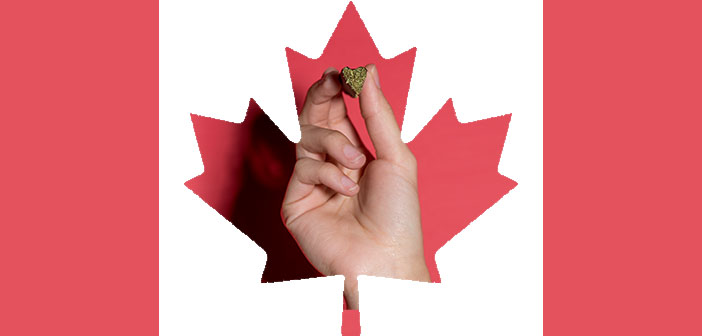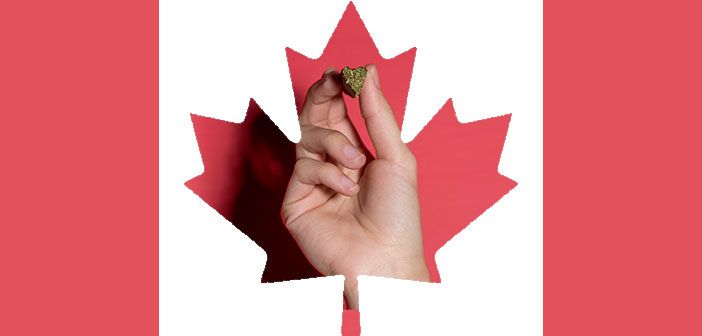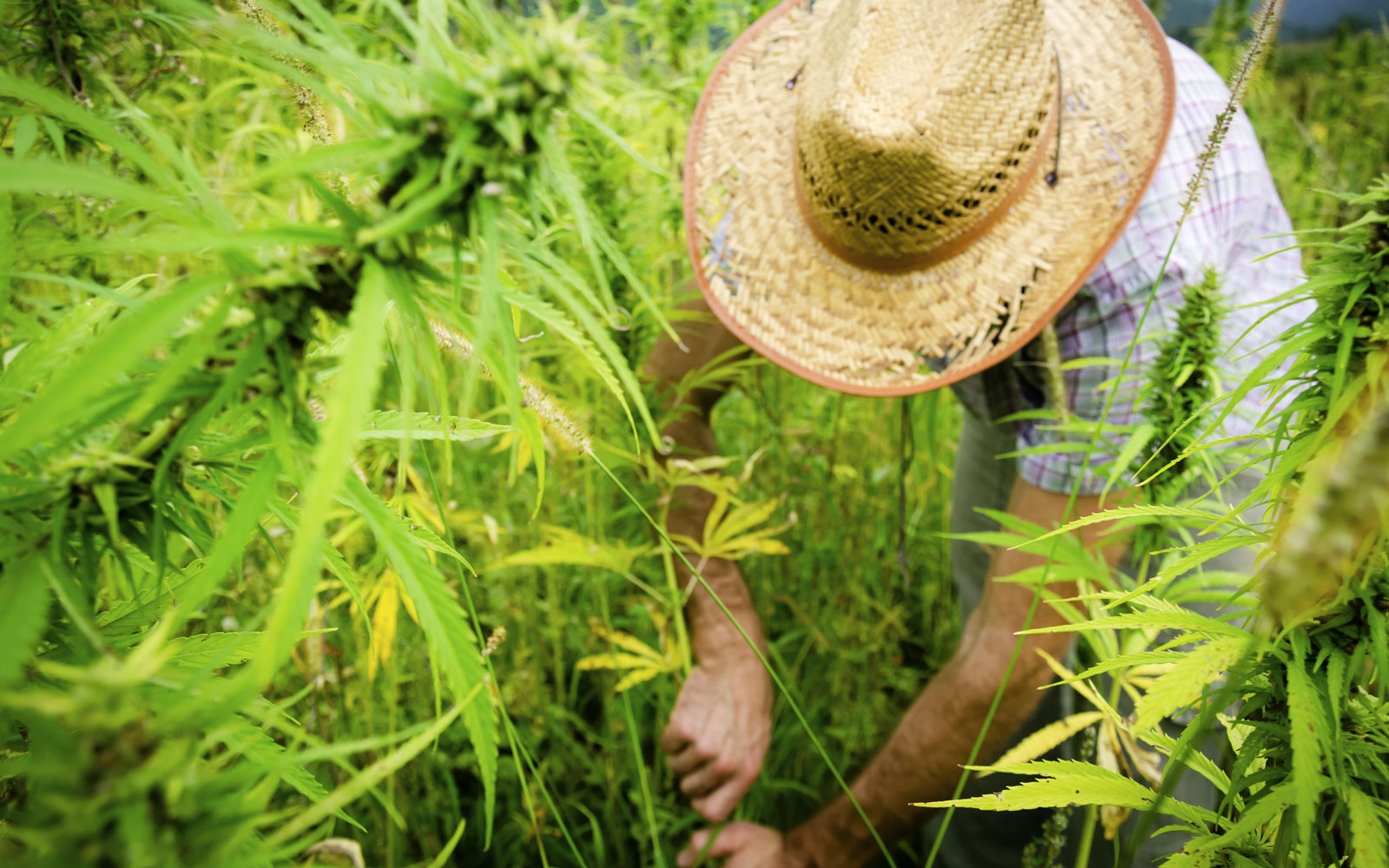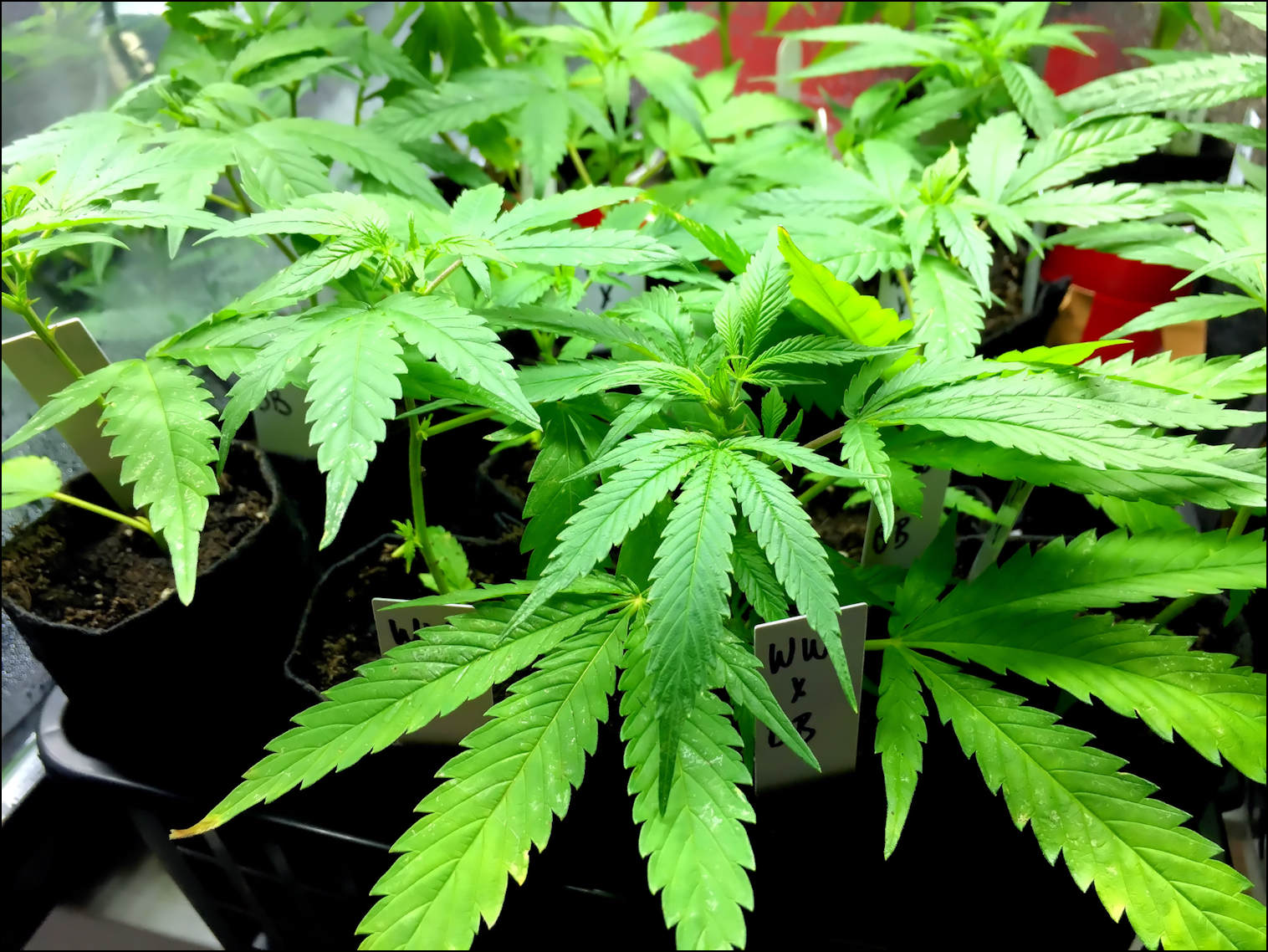
While Canada became the first Group of 7 country to officially legalize recreational marijuana, the real winner for the week ending Oct. 20 2018 is marijuana research.
Canada’s legalization of recreational marijuana is a huge win for science; a study at the University of British Columbia found 21 previously undiscovered cannabinoids; and physicians in the United Kingdom were notified that they’ll be allowed to legally prescribed medical marijuana products as of Nov. 1, 2018.
Canada’s Legalization Means More Research
Liberal Prime Minister Justin Trudeau has fulfilled one of his primary campaign promises from the 2015 election cycle and has implemented marijuana legalization. In a joyous moment for Canadian adults who choose to responsibly relax with marijuana, the possession and cultivation of personal amounts of cannabis was officially made legal on Oct. 17, 2018.
As the grand experiment with legalization begins, the Canadian government will now be able to collect taxes on recreational sales, ensure growers meet certain cultivation standards, and, perhaps more importantly, provide significant research into the plant’s numerous cannabinoids and terpenes to better understand how the plant works.
With recreational marijuana becoming legal in Canada on Wednesday, a Vancouver medical researcher says there will be more corporate money to go around https://t.co/YbcSTditRr
— Global BC (@GlobalBC) October 16, 2018
“Cannabis has risks and maybe benefits,” said M.J. Malloy with the British Columbia Centre on Substance Use, according to a July 6, 2018, commentary for The Scientist.
“What we, as scientists, have not been able to do is try to figure out what those risks and benefits are in an open way,” Malloy wrote. “The hope is that legalization of cannabis will take the shackles off scientific inquiry and will allow us to ask and answer the sort of questions we should have been asking twenty, thirty, forty years ago.”
The Canadian Institutes of Health Research (CIHR) has already awarded $1.4 million Canadian dollars in December 2017. And over the past five years, CIHR has already allocated more than $20 million (about $15.248 million in U.S. dollars as of Oct. 19, 2018) for cannabis-related studies, according to The Scientist. More funds could be coming following legalization.
Is cannabis a potential health concern or a miracle drug? The truth is, we still don’t know. Because of prohibition, scientific data have remained hazy. But thanks to legalization in the Great White North, it seems likely that more facts will be revealed to the world.
Canada Might Have Already Discovered 21 New Cannabinoids
Scientists at the University of British Columbia (UBC) have recently discovered there may be more beneficial cannabinoids than initially anticipated. After researchers collected 33 strains from five licensed producers of Canadian medical marijuana, the researchers discovered 21 previously unidentified cannabinoids, according to an August 2018 study reported in Nature.
In addition to identifying 21 unknown cannabinoids, the UBC study also found a link between high-THC strains with more than 20 percent tetrahydrocannabinol (THC) and a lack of chemical pathways to produce cannabidiol (CBD).
Full legalization of cannabis in Canada has brought with it unparalleled access to money for basic research on the plant. Happy #legalizationday, Canada. https://t.co/OMOiiZmQMd
— Nature News & Comment (@NatureNews) October 17, 2018
This finding represents an intriguing breakthrough for both cultivators and researchers. While many of today’s breeders specifically try to increase THC content through crossbreeding, the study indicates those strains with an elevated THC percentage have not only lost the chemical pathways necessary for producing CBD, they’ve also eliminated the ability to access other potentially therapeutic cannabinoids.
The abstract noted: “We hypothesized that strains sold by different licensed producers are chemotaxonomically indistinguishable and that the commercial practice of identifying strains by the ratio of total THC and CBD is insufficient to account for the reported human health outcomes.”
Sure, Canada may have legalized marijuana for recreational purposes, but it appears one of the biggest benefits of legalization may be further studies like this one. Creating an increased understanding of the plant’s ultimate therapeutic possibilities and unlocking the plant’s, as yet, unknown potential. Twenty-one new cannabinoids discovered in 2018 — imagine the discoveries Canada’s scientists will make in the coming years.
United Kingdom OK’s Prescribing Cannabis-based Medicines
The Home Secretary for the United Kingdom, Sajid Javid, made a surprising announcement on Oct. 11, 2018. Physicians in England, Scotland, and Wales will be able to legally prescribe cannabis-based medicine as of Nov. 1, 2018, according to a press release from the UK’s Home Office.
Medicinal cannabis will be legal for specialist doctors to prescribe from 1 November 2018: https://t.co/PlJKlZNRtf pic.twitter.com/mm6cDJQw3Y
— Home Office (@ukhomeoffice) October 11, 2018
Javid agreed to the scheduling of medicinal cannabis within the Misuse of Drugs Act 1971 after two children suffering from refractory epilepsy were denied access to the cannabis oil used to control their seizures. According to the press release, “the decision to prescribe these unlicensed medicines must be made by a specialist doctor,” and not a general practitioner.
“The prospect of a future where safe and effective licensed cannabis-based medicines can be prescribed to help relieve suffering is genuinely exciting,” Javid said in a statement.
Javid also clarified he has no intention of supporting the legalization of recreational marijuana in the UK. But regardless of his opposition to legalization, the Home Secretary’s announcement was a quantum leap forward for supporters of marijuana reform.
While Canadian researchers discover new cannabinoids and the UK embraces the medicinal efficacy cannabis oil, the United States remains stuck in the quagmire of prohibition.
But despite the federal government’s resistance to legalization making it difficult for the U.S. scientific community to advance cannabis research, the U.S. and the cannabis community will ultimately benefit from Canada’s wider research. But as one of the most advanced nations in the world, one can only imagine what we might learn if the U.S. joined Canada and Israel in a global scientific quest for the truth about cannabis.















